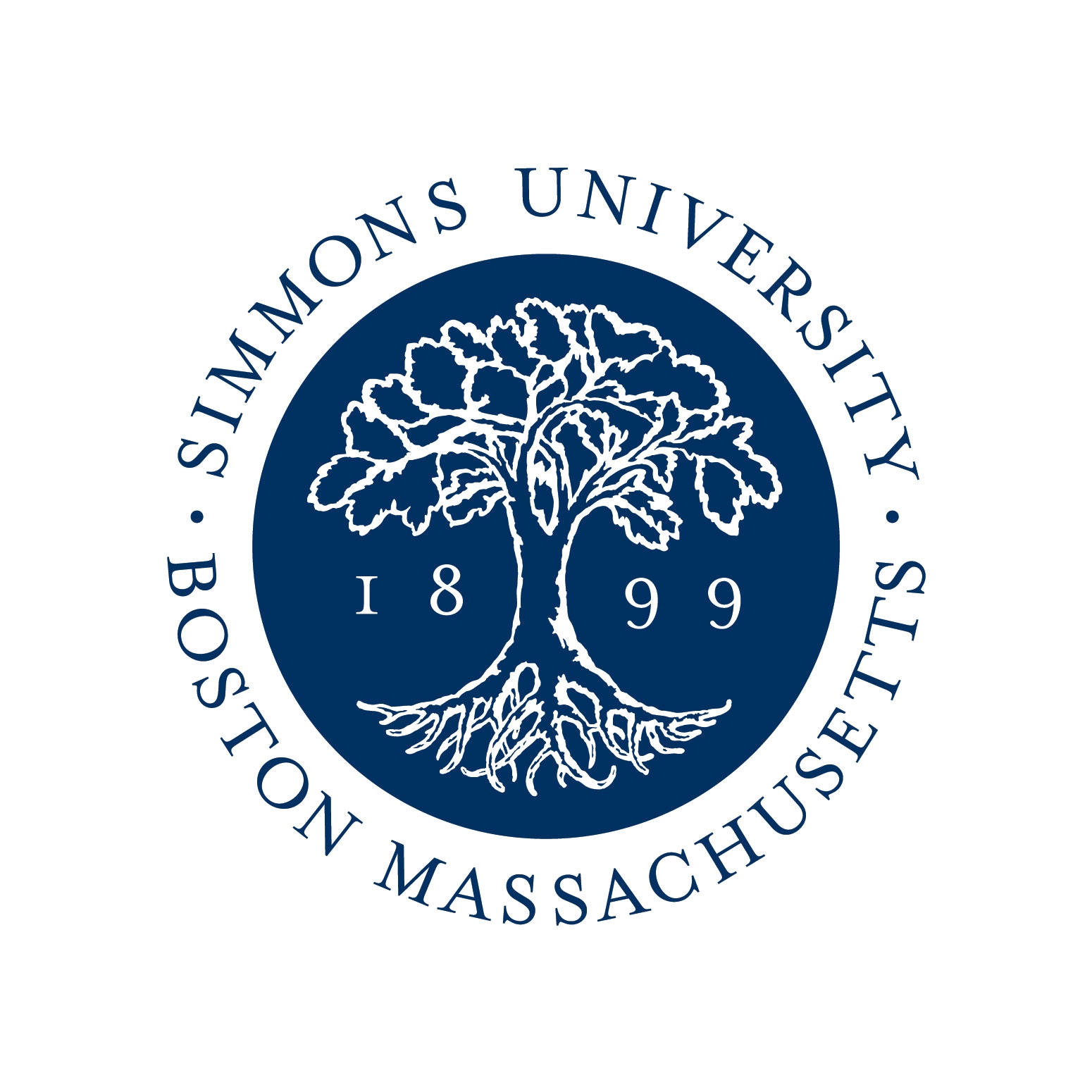The 17th Annual Social Informatics Research Symposium and the 3rd Annual Information Ethics and Policy Workshop (Half-Day Workshop)
| Conference website | https://www.asist.org/sig/sigsi/sigsi-symposiums/ |
| Submission link | https://easychair.org/conferences/?conf=sigsiiep2021 |
| Early bird deadline | July 21, 2021 |
| Submission deadline | August 16, 2021 |
Sociotechnical Perspectives on Equity, Inclusion, and Justice
The Association for Information Science and Technology’s Special Interest Group for Social Informatics (ASIS&T SIG SI) will build on previous successful co-hosted symposiums to co-host a joint symposium this year with SIG-Information Ethics and Policy (SIG IEP). With SIG SI’s signature focus on the interaction of people, technology, and society, we are especially interested in critical theoretical perspectives, as well as ethical, practical, and policy applications, which is well-supported through collaboration with SIG IEP.
Call for Participation
This year’s theme, “Sociotechnical Perspectives on Equity, Inclusion, and Justice,” offers an opportunity to focus scholarly attention on the social, cultural, political, and economic shaping of sociotechnical systems and their consequences. We invite a range of scholarly sociotechnical inquiries alongside ethical, practical, and policy perspectives across a range of disciplines and sectors. This workshop will provide a physical and virtual space to share and exchange experiences and ideas.
Submission Guidelines
We encourage submissions in the form of extended abstracts (1,000–2,000 words, including references) that either proposes a panel discussion or present complete (or nearly complete) work in these topic areas. We additionally encourage the submission of poster proposals (500 words) for works in progress and early research ideas. Accepted posters will have the option to be presented virtually during the workshop.
The workshop will incorporate different types of contributions including papers and interactive sessions. We plan to organize submissions into themes to facilitate discussion and cross-collaboration among participants. Instead of a traditional paper presentation, participants will discuss their work in detail with small groups, allowing for meaningful synthesis of ideas and new collaborations.
In addition, we will support remote participation by making workshop materials available online and streaming the awards ceremony and presentations. We will also provide virtual participation options for attendees.
All submissions should be anonymized for review and in PDF format.
Eary bird submissions that can receive a decision by the ASIS&T early bird deadline are due no later than 11:59 pm (AOE) on July 21, 2021.
Final submissions are due no later than 11:59 pm (AOE) on August 16, 2021.
List of Topics
Submissions may include empirical, critical, and theoretical work, as well as richly described practice cases and demonstrations. The topics of interest include, but are not limited to:
- Critical theoretical approaches
- Digital equity and digital divide
- AI and facial recognition systems
- Data surveillance, privacy, and ethics
- Mis- and dis-information
- Freedom of expression, hate speech
- Human rights, civil rights, and platform regulation
- Inclusive design, implementation, and use
- Information policy interventions to promote equity and justice
- Sustainability, environmental concerns, and information technology manufacturing
- Digital labor and tech labor organizing
- Commercial content moderation
- Cooperative, commons, and other alternative economic and governance models
- Implications and socio-political impact of ICTs
- Re-conceptualizing SI concepts, methods, frameworks, and theories through a critical lens
Committees
Symposium Chairs
- Colin Rhinesmith (Co-Chair, SIG SI)
- Kolina Koltai (Co-Chair, SIG SI)
- Xiaohua Zhu (Co-Chair, SIG IEP)
- Madelyn Rose Sanfilippo (Co-Chair, SIG IEP)
Program committee
- Colin Rhinesmith (Simmons University)
- Kolina Koltai (University of Washington)
- Xiaohua Zhu (University of Tennessee)
- Madelyn Rose Sanfilippo (the University of Illinois at Urbana-Champaign)
- Rachel Simons (Texas Woman’s University)
- Adam Worrall (University of Alberta)
- Aidah Larsen (San Jose State University)
- Muhammad Yousuf Ali (Aga Khan University)
- Adaora C. Obuezie (Nnamdi Azikiwe University)
- Alicia Takaoka (University of Hawaii)
Venue
The conference will be held at the Annual ASIS&T Meeting. The half-day workshop will be taking place both in-person & remotely as per ASIS&T guidelines. It is scheduled to occur on October 29th, 8 am – 12 pm MDT.
Contact
All questions about submissions should be emailed to any of the Symposium chairs.


